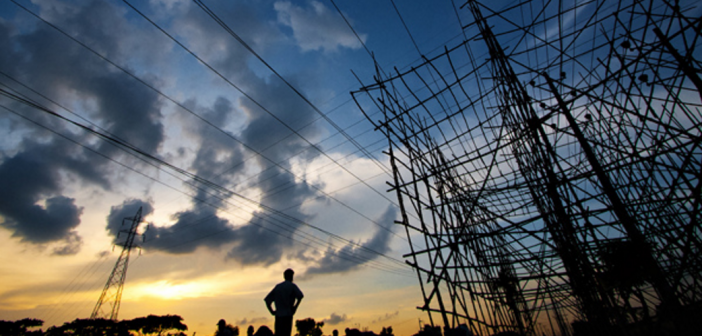The World Bank has announced that it will invest $217 million to revive Bangladesh’s creaking energy infrastructure. In a statement released on their website, the organisation told the world that an agreement had been signed.
The deal was between the International Development Organisation and government of Bangladesh, to upgrade a section of the Ghorashal power station. This development would more than double the power station’s electricity generating capacity.
This upgrade will be signal a technological milestone. The ‘Ghorashal Unit 4 Repowering Project’ as it is known will increase the energy capacity of the gas-fired power station by 54% – and it will only require 19% more gas.
A major cause of sluggish economic and technical development is inadequate energy supply. A 2014 report by the International Institute for Sustainable Development in collaboration with the Global Studies Initiative outlined Bangladesh’s substantial energy challenges.
Energy consumption has risen substantially over the past 20 years, which is reportedly linked to development. The report states that the GDP per capita of Bangladesh is reaching a critical point.
“Energy consumption tends to rise quickly when per capita income reaches between US$1,000 and US$10,000, a range that Bangladesh is currently entering,” the report says.
“Energy supply must thus increase rapidly in order to sustain the country’s growth momentum.”
The country’s 2012 Planning Commission announced a commitment to provide the entire population with energy by the year 2021. Currently, it is estimated that 59.6% of the country has some form of electricity access – although it is often unreliable.
It is hoped that the revival of the Ghorashal power station, with the help of the World Bank, will go some way towards meeting this goal.
Bangladesh has made a name for itself as a place of clothing manufacture, which many of the world’s most popular brands sourcing their garments there. Factory disasters aside, it is a key sector of Bangladesh’s economy, and can only be boosted as electricity services are enhanced.
“Bangladesh can grow its economy much faster and reduce poverty significantly if its energy infrastructure can meet the demand for reliable, low-cost electricity,” said Rajashree Paralkar, World Bank Acting Country Director for Bangladesh.
“The project will increase the efficiency in gas utilization of an existing unit, while adding new generation capacity to address the country’s severe power needs.”
There is also an environmental focus, as the project will reduce fuel consumption for gigawatt hour by 44%, which will contribute to reduced greenhouse emissions.
As Bangladesh powers forward, environmental concerns still find a place.





